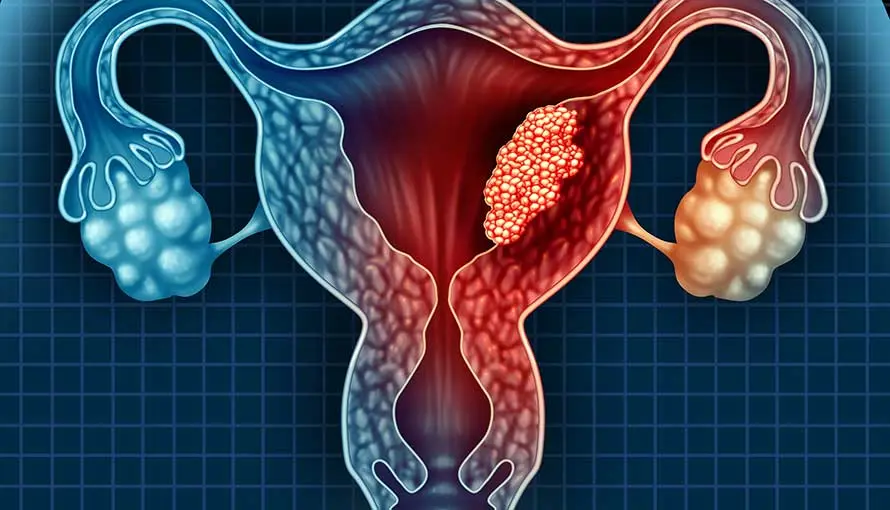Understanding Heart Arrhythmia: Common Causes and Treatment Options
Heart arrhythmia, also known as an irregular heartbeat, occurs when the electrical signals controlling the heart’s rhythm do not function properly. This condition can cause the heart to beat too fast, too slow, or irregularly. Understanding the causes of heart arrhythmia and exploring the treatment options can help patients manage their condition effectively and improve heart health.
What Is Heart Arrhythmia?
Heart arrhythmia refers to abnormal heart rhythms that can be harmless or life-threatening. The heart's electrical system regulates the heartbeat, and when disrupted, it leads to an irregular rhythm.
Types of Heart Arrhythmia
| Type | Description | Symptoms |
|---|---|---|
| Bradycardia | Slow heart rate (below 60 BPM) | Fatigue, dizziness, fainting |
| Tachycardia | Fast heart rate (above 100 BPM) | Shortness of breath, chest pain |
| Atrial Fibrillation (AFib) | Rapid, irregular heartbeats | Palpitations, weakness, stroke risk |
| Ventricular Fibrillation | Disorganized electrical activity in the heart | Life-threatening, sudden cardiac arrest |
| Premature Heartbeats | Extra or skipped beats | Often harmless but can cause palpitations |
Common Causes of Heart Arrhythmia
Several factors contribute to the development of irregular heartbeat conditions. Identifying the underlying causes can help in managing and preventing arrhythmias.
| Cause | Impact on Heart Rhythm |
|---|---|
| High Blood Pressure | Increases strain on the heart |
| Coronary Artery Disease | Reduces blood flow, affecting heart signals |
| Electrolyte Imbalances | Affects electrical impulses |
| Sleep Apnea | Causes oxygen deprivation, triggering arrhythmias |
| Excessive Caffeine or Alcohol | Stimulates the heart, leading to irregular beats |
| Medications | Certain drugs can trigger arrhythmias as a side effect |
Symptoms of Heart Arrhythmia
Heart arrhythmias may present with mild to severe symptoms, or in some cases, no symptoms at all. Common signs include:
- Fluttering or racing heartbeat
- Slow or irregular pulse
- Shortness of breath
- Chest pain or discomfort
- Lightheadedness or dizziness
Diagnosis of Heart Arrhythmia
Doctors use various diagnostic tools to identify irregular heart rhythms and determine the best course of action.
| Diagnostic Test | Purpose |
|---|---|
| Electrocardiogram (ECG/EKG) | Records heart's electrical activity |
| Holter Monitor | Monitors heart rhythm over 24-48 hours |
| Echocardiogram | Uses ultrasound to check heart structure and function |
| Stress Test | Evaluates heart response to physical activity |
| Electrophysiology Study | Identifies abnormal electrical pathways |
Treatment Options for Heart Arrhythmia
Treatment for heart arrhythmia depends on its type and severity. In some cases, no treatment is required, while others may need medical intervention.
Medications for Arrhythmia
| Medication Type | Function |
|---|---|
| Beta-Blockers | Slows heart rate |
| Calcium Channel Blockers | Regulates heartbeat |
| Antiarrhythmic Drugs | Helps restore normal rhythm |
| Blood Thinners (Anticoagulants) | Reduces risk of stroke in AFib patients |
Non-Medical Treatments
- Lifestyle Changes – Reducing caffeine, managing stress, and maintaining a healthy diet can help control arrhythmias.
- Cardioversion – Uses electrical shocks to reset heart rhythm.
- Pacemaker – A small device implanted under the skin to regulate slow heartbeats.
- Ablation Therapy – Destroys abnormal heart tissue causing irregular beats.
Preventing Heart Arrhythmia
While some arrhythmias are unavoidable, many can be prevented with healthy lifestyle choices:
- Maintain a heart-healthy diet (low sodium, high in fruits and vegetables)
- Exercise regularly to improve cardiovascular health
- Limit alcohol and caffeine intake
- Manage stress and anxiety through meditation or therapy
- Control underlying conditions like high blood pressure and diabetes
Conclusion
Heart arrhythmia is a manageable condition with the right combination of lifestyle changes, medication, and medical interventions. If you experience persistent irregular heartbeat symptoms, consult a healthcare professional for a proper diagnosis and treatment plan.




